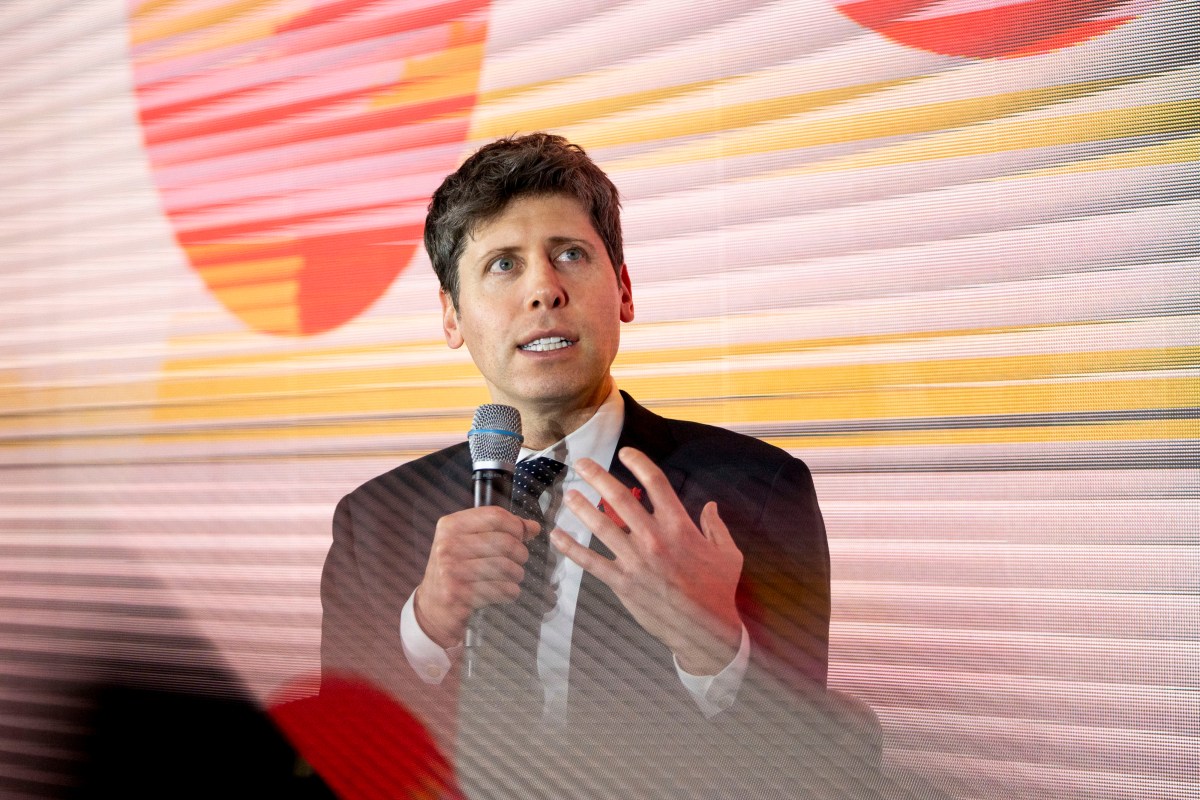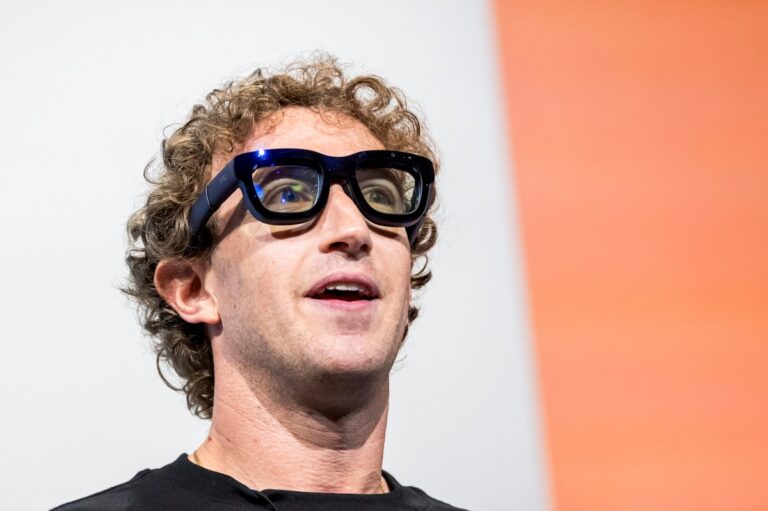OpenAI’s Bold Move to ‘Uncensor’ ChatGPT: A Game-Changer in AI Freedom
OpenAI is revolutionizing the training of its AI models by adopting a new policy that champions intellectual freedom, allowing discussions on challenging and controversial topics. This initiative aims to enhance the capabilities of ChatGPT, enabling it to respond to a wider array of inquiries while offering diverse perspectives.
New Policy for OpenAI’s AI Models
On Wednesday, OpenAI released an update to its comprehensive Model Spec, a detailed document spanning 187 pages that outlines the training methodologies for their AI models. A significant addition to this specification is the guiding principle: “Do not lie”, which emphasizes the importance of honesty and context in responses.
Seeking the Truth Together
In a newly introduced section titled “Seek the truth together,” OpenAI encourages ChatGPT to maintain neutrality, even on sensitive topics. The aim is to present multiple viewpoints on contentious issues without endorsing any particular stance. For instance:
- ChatGPT will acknowledge that “Black lives matter”, while also affirming that “all lives matter.”
- The AI will provide relevant context surrounding various movements while expressing a general love for humanity.
OpenAI acknowledges that this approach may be seen as controversial, stating, “the goal of an AI assistant is to assist humanity, not to shape it.”
Responses to Criticism and Claims of Censorship
Despite these changes, ChatGPT will still refrain from responding to certain inappropriate questions or promoting blatant falsehoods.
Some critics, particularly from conservative circles, have accused OpenAI of engaging in AI censorship, a claim that has been denied by the company. OpenAI’s CEO, Sam Altman, previously described ChatGPT’s bias as an unfortunate “shortcoming” that the company is actively addressing.
Political Implications and Reactions
Amidst the political landscape, figures close to former President Trump, such as David Sacks and Elon Musk, have voiced concerns about potential biases in AI. They argue that OpenAI’s policies reflect a broader trend of AI censorship in Silicon Valley. However, OpenAI insists that its commitment to intellectual freedom mirrors its longstanding belief in empowering users.
As OpenAI shifts towards a more open policy, it has also removed certain warnings from ChatGPT regarding policy violations, aiming to create a less censored experience for users.
The Broader Context of AI Safety
The implications of these changes reach beyond OpenAI. The AI industry is grappling with the challenge of delivering unbiased information while navigating the complexities of controversial topics. As AI models become increasingly integral to information dissemination, the need for responsible handling of sensitive subjects is paramount.
Industry Perspectives on Free Speech
Many experts, including OpenAI co-founder John Schulman, argue that embracing free speech is crucial for the evolution of AI. As AI models improve, the ability to provide nuanced answers becomes more feasible, making it essential for these systems to represent varied viewpoints on contentious issues.
Dean Ball, a research fellow at George Mason University’s Mercatus Center, supports OpenAI’s direction, stating, “As AI models become smarter, these decisions become more important.”
Shifts in Silicon Valley’s Values
Recent changes in policy at companies like Meta and X have led to a broader re-evaluation of content moderation principles. Mark Zuckerberg’s recent pivot towards First Amendment principles and the dismantling of trust and safety teams highlight a significant shift in how tech giants approach free speech.
As OpenAI embarks on ambitious projects like Stargate, a $500 billion AI data center, its relationship with the current administration and its positioning against competitors like Google Search will be critical. The ability to provide accurate and balanced information will be key to maintaining credibility and relevance in the fast-evolving AI landscape.







